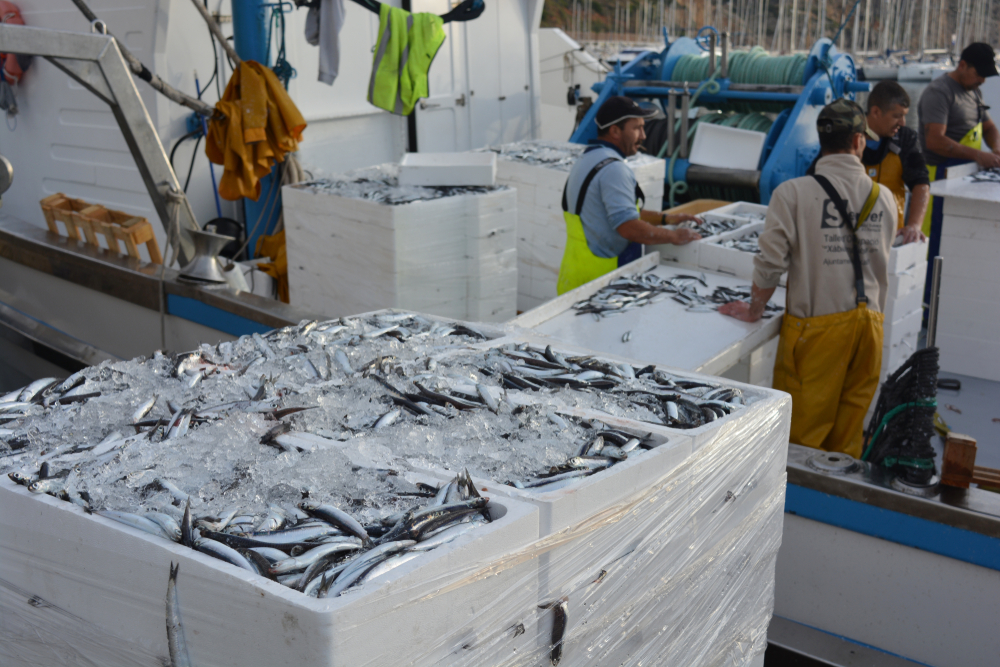Environment: Environmental Overview
Spain is a country located on the Iberian Peninsula in southwestern Europe, bordered by France to the north, Portugal to the west, and the Mediterranean Sea to the east. The country is home to a diverse range of ecosystems, including rivers, lakes, coastlines, reefs, mountains, deserts, and more. Each of these ecosystems is home to a unique array of flora and fauna, and human habitation and activity have had significant impacts on each of these environments.
Rivers
Spain is home to a number of important rivers, including the Tagus, Ebro, Guadalquivir, and Douro. These rivers are home to a wide variety of fish species, including trout, barbel, and carp, as well as reptiles and amphibians such as turtles and frogs. However, human activity has had a significant impact on these rivers, with pollution, water extraction, and damming all causing significant harm to the ecosystems they support. In recent years, conservation efforts have been made to protect these rivers, including the creation of protected areas and the implementation of stricter regulations on water usage and pollution.
Lakes
There are several important lakes in Spain, including Lake Banyoles and Lake Sanabria. These lakes support a variety of fish species, including pike, carp, and eel, as well as a number of bird species such as grebes, herons, and ducks. However, like the country's rivers, human activity has had a significant impact on these lakes, with pollution and overfishing both causing significant harm to the ecosystems they support. In recent years, conservation efforts have been made to protect these lakes, including the implementation of stricter regulations on water usage and pollution, as well as the creation of protected areas.
Coastlines
Spain's coastlines are home to a diverse range of ecosystems, including beaches, cliffs, and rocky shorelines. These areas support a wide variety of plant and animal species, including sea turtles, dolphins, seals, and a variety of fish and bird species. However, these ecosystems are also highly vulnerable to pollution and other forms of human activity, such as overfishing and tourism. In recent years, conservation efforts have been made to protect these ecosystems, including the creation of marine protected areas and the implementation of stricter regulations on fishing and tourism.
Reefs
Spain's reefs are home to a variety of plant and animal species, including corals, sponges, and a variety of fish species. These ecosystems are highly sensitive to changes in water temperature and quality, and pollution and overfishing have had a significant impact on their health in recent years. In response, conservation efforts have been made to protect these ecosystems, including the creation of marine protected areas and implementation of stricter regulations on fishing and pollution.
Mountains
Spain's mountains are home to a variety of plant and animal species, including the Iberian lynx, brown bear, and various species of birds and reptiles. These ecosystems are highly sensitive to climate change and human activity, such as logging and mining. In recent years, conservation efforts have been made to protect these ecosystems, including the creation of protected areas and the implementation of stricter regulations on logging and mining.
Deserts
Spain's desserts are home to a variety of plant and animal species, including lizards, snakes, and various species of birds. These ecosystems are highly sensitive to changes in water availability and quality, and human activity such as tourism and off-road driving can have significant impacts on their health. In recent years, conservation efforts have been made to protect these ecosystems, including the creation of protected areas and the implementation of stricter regulations on tourism and off-road driving.
Air Quality
Spain has struggled with poor air quality in recent years, with high levels of pollution in many of its cities. This has significant impacts on both human health and the environment, including increased rates of respiratory disease and damage to plant and animal life. Some of the major sources of air pollution in Spain include traffic emissions, industrial activities, and agricultural practices such as burning of crop residues. In recent years, the government has taken steps to improve air quality, including the implementation of stricter regulations on emissions from vehicles and industries, and the promotion of alternative forms of transportation.
Conclusion
In conclusion, Spain's diverse range of ecosystems and biodiversity are important not only for their inherent value but also for their crucial roles in supporting human well-being and economic development. However, these ecosystems are under threat from a variety of human activities, including pollution, overfishing, and habitat destruction. To ensure their long-term health and sustainability, it is essential to continue to strengthen and enforce conservation policies and regulations, and promote sustainable practices across all sectors.
Copyright © 1993—2024 World Trade Press. All rights reserved.

 Spain
Spain 
